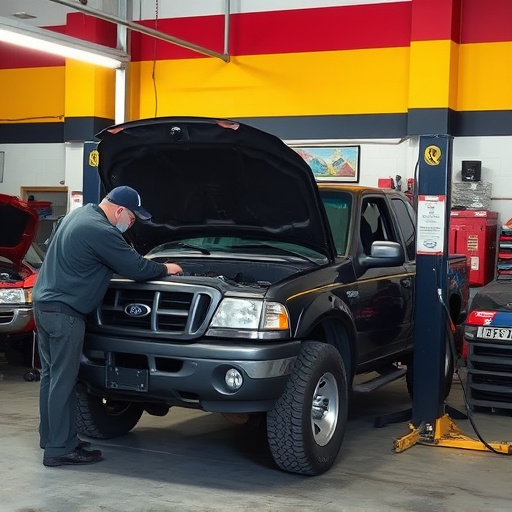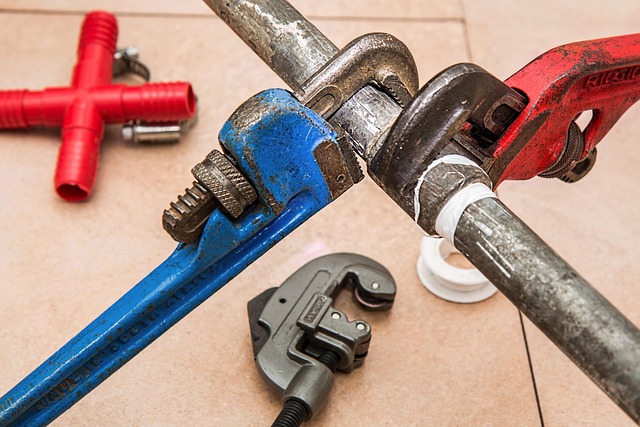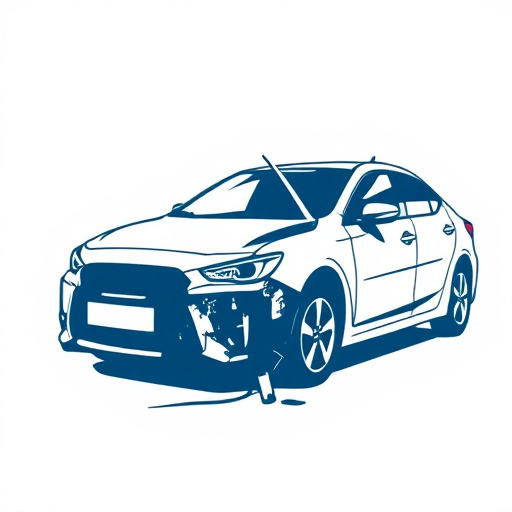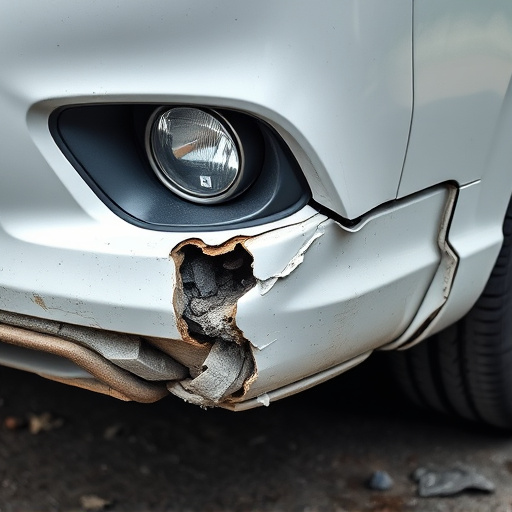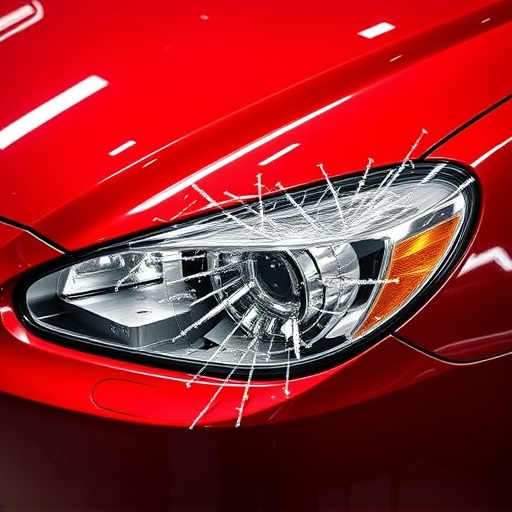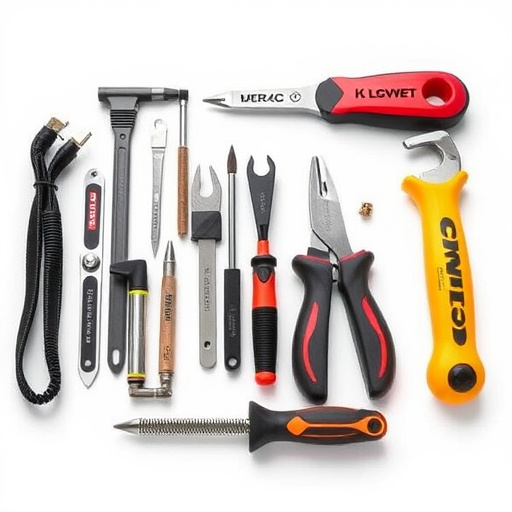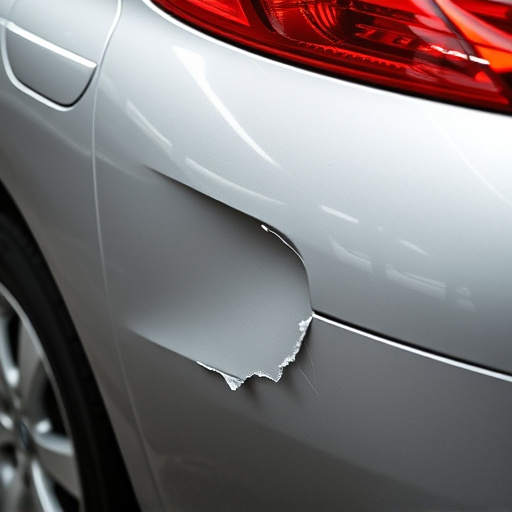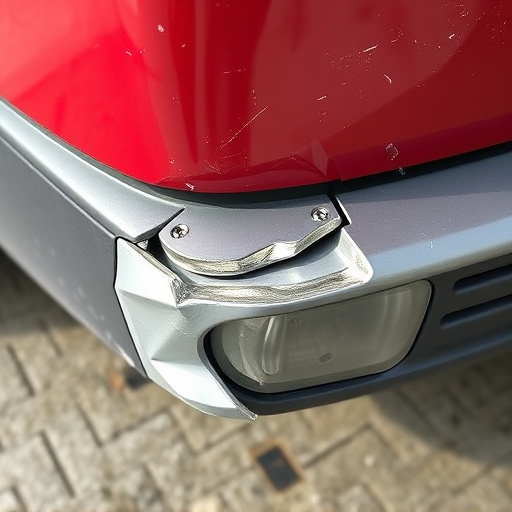In the competitive collision repair industry, exceptional customer service is crucial for success. Prioritizing client needs includes competent repairs, empathetic support, and transparent communication, building trust and a positive reputation through satisfied customers who return for future collision repair customer service. Effective listening, clear language, and consistent messaging using CRM software enhance interactions, while fostering empathy and strong problem-solving skills deliver memorable experiences in a stressful time, contributing to market standing.
In the competitive landscape of automotive aftercare, exceptional collision repair customer service stands as a game-changer. This article explores the art of training staff to excel in this domain. We delve into understanding diverse customer needs, crafting robust communication strategies, and nurturing empathy alongside problem-solving skills. By implementing these techniques, collision repair facilities can elevate customer satisfaction, fostering loyalty and boosting their reputation in today’s market.
- Understanding Collision Repair Customers' Needs
- Developing Effective Communication Strategies
- Fostering Empathy and Problem-Solving Skills
Understanding Collision Repair Customers' Needs

In the realm of collision repair customer service, understanding client needs is paramount. Collision repair customers often face stressful situations, dealing with unexpected vehicle damage due to accidents or hail storms—hence the importance of exceptional service. These clients not only expect competent vehicle collision repair but also a supportive and empathetic experience. They seek reassurance that their vehicles will be returned to them in pre-incident condition, if not better, coupled with transparent communication throughout the process.
By recognizing and prioritizing these needs, staff can elevate the customer journey. This involves offering personalized service, explaining hail damage repair processes clearly, and addressing concerns promptly. Well-trained staff equipped with thorough knowledge of collision repair services can build trust and foster a positive reputation for the business, ensuring satisfied customers who will continue to seek their expertise in the future.
Developing Effective Communication Strategies

Effective communication is a cornerstone of exceptional collision repair customer service. Training staff to actively listen to clients’ concerns and questions builds trust and ensures every interaction is personalized. This involves clear, concise language tailored to the client’s level of understanding, whether they’re laypeople or automotive experts. Role-playing scenarios during training can help employees navigate complex conversations with confidence.
Moreover, providing a consistent message across all touchpoints—from initial contact to final handover—is vital for a seamless car collision repair experience. Integrating technology like customer relationship management (CRM) software streamlines communication, enabling staff to access client history and preferences instantly. This not only improves efficiency but also fosters a sense of community, making the interaction at the collision repair center more than just a transactional encounter, but a positive and memorable experience for the client.
Fostering Empathy and Problem-Solving Skills
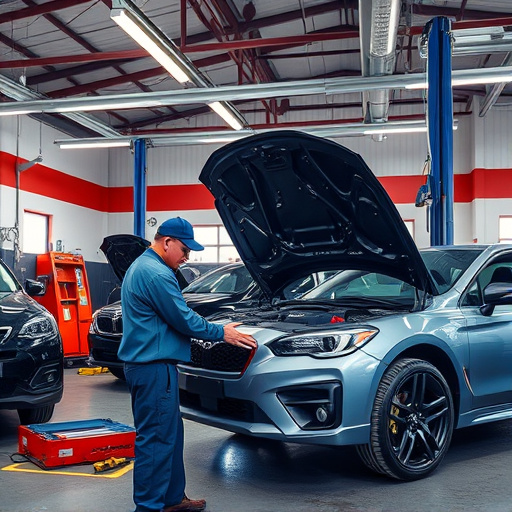
In the realm of collision repair customer service, fostering empathy and honing problem-solving skills are paramount. These abilities form the backbone of exceptional client experiences in automotive collision repair. Training staff to understand and share customers’ concerns is a powerful tool that builds trust. When a customer brings their damaged vehicle into a workshop, they’re not just dropping off a car; they’re seeking support during an often stressful time. Empathy allows technicians and staff to connect with clients on a human level, ensuring every interaction is handled with care.
Problem-solving skills are equally vital, as they enable the team to navigate complex vehicle bodywork repairs efficiently. By teaching staff to approach each challenge systematically, they can offer tailored solutions for various car restoration scenarios. This not only enhances customer satisfaction but also contributes to a positive reputation in the competitive market of collision repair services.
Training staff to deliver exceptional collision repair customer service involves understanding client needs, mastering communication, and cultivating empathy. By focusing on these key areas—from anticipating customer concerns to providing solutions with a human touch—your business can elevate the overall experience, fostering loyalty and positive word-of-mouth in the competitive collision repair industry. Investing in such training is a strategic move that ultimately strengthens your company’s reputation and drives success.
